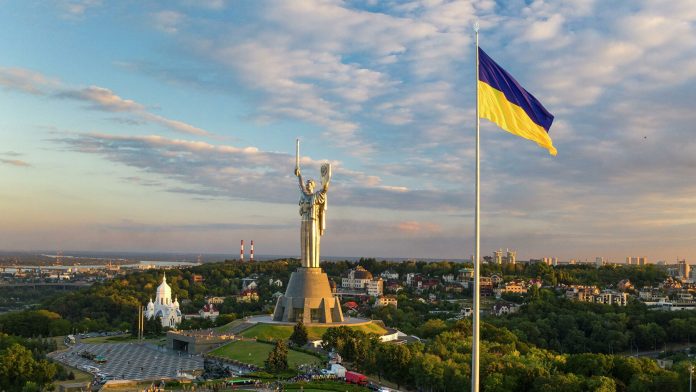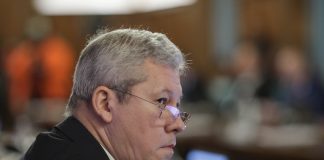The situation in Ukraine, cooperation in the field of energy, as well as the role of the civil society in the future were among the main topics discussed at the Palace of the Parliament, on the occasion of the event where the Expert Forum (EFOR) presented its annual report called „One Year of Fighting. Lessons for the EU from the resilience of Ukraine and the energy sector”, according to Agerpres.
The event was opened by Raimar Wagner, Project Manager Romania and the Republic of Moldova of the Friedrich Naumann Foundation, who underscored the fact that people’s security is particularly important.
„We witnessed the dramatic situation in Moldova and in a short time both Romania and Moldova managed to solve the problems of the last decades, things that had been planned, but which had not been implemented. (…) We see that the market economy and the liberal laws of the market economy work. We must have an approach not only in the medium term, but also in the long run, we must have security,” the official said.
The head of the Expert Forum, Sorin Ionita, spoke about Ukraine, the role of the civil society in the future, respectively the agenda of the civil society and local communities related to the reconstruction of Ukraine.
Eduard Auer, head of division – Eastern Partnership, Regional Cooperation and OSCE, European External Action Service (EEAS), underscored that this partnership is very important for the European Union, because it plays a very important role in local, regional networks, trying to maintain a good relationship between the neighbours in this area.
According to him, there are three levels of European support granted to Ukraine, direct military support, financial and humanitarian support.
Ana Furtuna, manager, Eastern Partnership Civil Society Forum (EaP CSF), showed that 2022 was a painful year and that democracy is in danger, in which context a vibrant civil society remains a very important key element for the European Union.
According to the report, Russia’s large-scale invasion of Ukraine puts the interdependencies between global security and energy under the spotlight, with Kremlin threatening more than the immediate region. The same as last year, the document points out that experience shows the West is weak when it is divided, but invincible when there are principles and coherence.
The report proposes a work agenda for the future in order to improve the situation of civil society in Ukraine, emphasizing that civil society must be part of the decision-making processes and be represented at events related to the reconstruction of Ukraine, including events related to humanitarian issues, both international and national. Also, the document supports the interaction between civil society and local authorities on a permanent basis, in matters related to operational data exchange, information accumulation, logistics, public education, councils, other fields.
The document also emphasizes the facilitation of the establishment of communication between Ukrainian organizations and foreign partners, which will be realized through educational training, workshops, conferences attended by experienced foreign partners.
The report also supports the interaction between the representatives of the civil society in Ukraine and the authorities of the relevant partner and international states, in matters related to the exchange of experience regarding the participation in the decision-making processes and the implementation of the best practices for the development of the civil society, as well as in organizing joint events in various fields.
The document also emphasizes the need to improve the transparency and credibility of public organizations, charitable foundations and volunteer centres on humanitarian issues and also supports the creation of a working group that would include national and international representatives to study the priorities and urgent needs of people affected by the armed invasion of the Russian Federation in Ukraine.
The event was organized by the Expert Forum (EFOR) with the support of the Friedrich Naumann Foundation for Freedom, Romania and the Republic of Moldova (FNF).
Sursa: Agerpres




